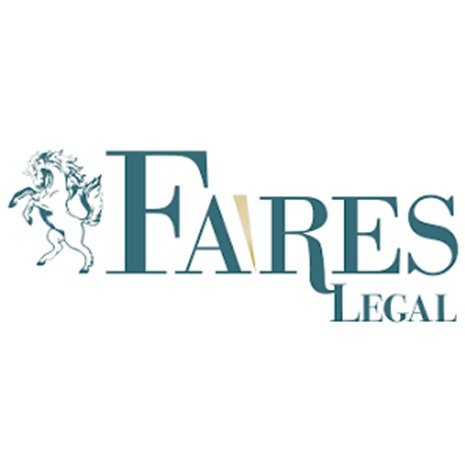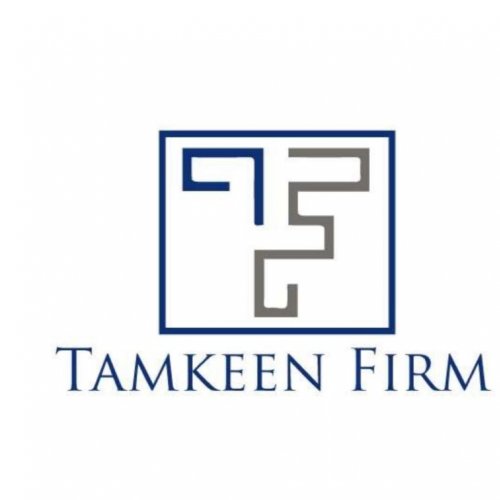Best Financial Services Regulation Lawyers in Libya
Share your needs with us, get contacted by law firms.
Free. Takes 2 min.
Or refine your search by selecting a city:
List of the best lawyers in Libya
About Financial Services Regulation Law in Libya
Financial Services Regulation in Libya is governed by a series of laws and regulations designed to oversee the functioning of financial institutions, protect consumers, and ensure financial stability within the country. The Central Bank of Libya plays a pivotal role in regulating the banking sector, while other financial services, such as insurance and investment activities, are subject to specific regulations. These regulatory frameworks aim to align with international financial standards while addressing the unique economic context of Libya.
Why You May Need a Lawyer
Legal assistance in financial services regulation in Libya may be required in several scenarios:
- Business Licensing: Navigating the process of obtaining the necessary licenses and permits to operate a financial institution.
- Regulatory Compliance: Ensuring adherence to constantly evolving regulatory requirements and standards.
- Dispute Resolution: Handling conflicts that may arise between financial institutions, their customers, or regulatory bodies.
- Contract Negotiations: Drafting and reviewing legal agreements related to financial services.
- Consumer Protection: Advising on issues related to the rights and protections afforded to consumers under Libyan law.
Local Laws Overview
The key components of local laws relevant to financial services regulation in Libya include:
- The Central Bank of Libya Act: This act outlines the authority and responsibilities of the Central Bank in regulating the monetary and financial system of Libya.
- Banking Law: Legislation governing the operations, establishment, and regulation of banks within Libya.
- Insurance Regulation: Specific rules and guidelines governing the insurance sector, focusing on licensing, solvency, and consumer protection.
- Anti-Money Laundering (AML) Regulations: Laws aimed at preventing money laundering and financing terrorism, requiring financial institutions to implement effective compliance programs.
Frequently Asked Questions
What is the role of the Central Bank of Libya?
The Central Bank of Libya is responsible for overseeing the financial system, implementing monetary policy, regulating the banking sector, and ensuring financial stability in the country.
Do I need a license to operate a financial service in Libya?
Yes, operating a financial service in Libya requires obtaining the proper licenses and approvals from relevant regulatory bodies, such as the Central Bank of Libya.
How can consumers protect themselves in financial transactions?
Consumers should be aware of their rights under Libyan law, seek clarity on contract terms, and consult with legal experts when necessary to ensure fair treatment in financial transactions.
What are the penalties for non-compliance with financial regulations?
Penalties can include fines, revocation of licenses, or even criminal charges, depending on the severity and nature of the non-compliance.
Are foreign investment laws different from local financial regulations?
Yes, foreign investment is subject to specific regulations in Libya, which may differ from local financial service laws. Consulting a legal expert specializing in foreign investment is advisable.
What steps should I take if a financial dispute arises?
It's crucial to document all communications, seek mediation if applicable, and consult a legal professional who can guide you through dispute resolution or litigation if necessary.
How are banks audited in Libya?
Banks in Libya are subject to both internal audits and external audits by certified auditing firms, as well as regulatory oversight by the Central Bank of Libya.
What is the process for reporting financial misconduct?
Financial misconduct can be reported to the relevant financial supervisory authority or regulatory body, such as the Central Bank, which will investigate the claims.
Are there specific regulations for digital financial services?
As digital financial services continue to evolve, regulations are emerging to address risks and standardize practices. It's crucial to stay updated with the latest guidelines issued by the Central Bank or other relevant bodies.
How can I verify the legitimacy of a financial institution in Libya?
Contact the Central Bank of Libya or check their official publications to confirm the legitimacy and licensing status of financial institutions operating in the country.
Additional Resources
Several resources can be helpful for someone seeking legal advice in financial services regulation:
- Central Bank of Libya: The primary regulatory authority overseeing financial institutions in Libya.
- Ministry of Economy and Trade: Provides guidelines and regulations related to economic activities, including financial services.
- Libyan Bar Association: Offers resources to find qualified legal practitioners specializing in financial regulation.
- Libyan Financial Intelligence Unit: A body tasked with fighting financial crimes and providing guidance on compliance.
Next Steps
If you require legal assistance in financial services regulation in Libya, consider the following steps:
- Research Legal Firms: Identify law firms with expertise in financial services regulation.
- Consult with Experts: Schedule consultations to discuss your specific needs and circumstances.
- Verify Credentials: Ensure the lawyer or law firm has the necessary credentials and experience in handling financial regulatory matters.
- Understand Fees: Clarify any legal fees or costs involved upfront to avoid surprises.
- Stay Informed: Keep up-to-date with changes in regulations that might affect your case or business operations.
Taking these steps can help you navigate the complexities of financial services regulation in Libya effectively.
Lawzana helps you find the best lawyers and law firms in Libya through a curated and pre-screened list of qualified legal professionals. Our platform offers rankings and detailed profiles of attorneys and law firms, allowing you to compare based on practice areas, including Financial Services Regulation, experience, and client feedback.
Each profile includes a description of the firm's areas of practice, client reviews, team members and partners, year of establishment, spoken languages, office locations, contact information, social media presence, and any published articles or resources. Most firms on our platform speak English and are experienced in both local and international legal matters.
Get a quote from top-rated law firms in Libya — quickly, securely, and without unnecessary hassle.
Disclaimer:
The information provided on this page is for general informational purposes only and does not constitute legal advice. While we strive to ensure the accuracy and relevance of the content, legal information may change over time, and interpretations of the law can vary. You should always consult with a qualified legal professional for advice specific to your situation.
We disclaim all liability for actions taken or not taken based on the content of this page. If you believe any information is incorrect or outdated, please contact us, and we will review and update it where appropriate.
Browse financial services regulation law firms by city in Libya
Refine your search by selecting a city.











